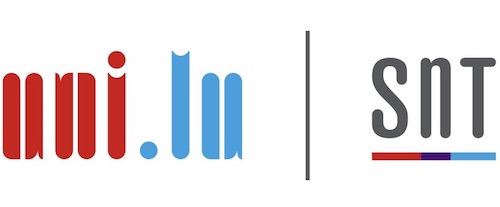
Interdisciplinary Research Group in Socio-technical Cybersecurity
Autonomy and the social dilemma of online manipulative behavior
Abstract:
Persuasive online technologies were initially designed and used to gain insights into the online behavior of individuals to personalize advertising campaigns in an effort to influence people and convince them to buy certain products. But recently, these technologies have blurred the lines and morphed into technologies that covertly and gradually manipulate people into attaining a goal that is predetermined by the algorithm and disregards the decision-making rights of the individual. This may lead to people exercising decisions that do not align with their personal values and beliefs, and rob them of their autonomy—an ethical principle, in the absence of which the application of these technologies may be unethical. However, not all technologies that are persuasive are necessarily manipulative which require the careful consideration of a couple of elements to determine whether or not technologies are manipulative and ultimately whether their application is ethical or not. In this article, we analyze the ethical principle of autonomy and unpack the underlying elements of this ethical principle which must be considered to determine whether the application of a technology is ethical or not in the context of it being persuasive or manipulative.
Authors:
Marietjie Botes
Publication date:
14 April 2022
Published in:
AI and Ethics
Reference:
Botes, M. Autonomy and the social dilemma of online manipulative behavior. AI Ethics (2022). https://doi-org.proxy.bnl.lu/10.1007/s43681-022-00157-5
Get in touch with us
SnT – Interdisciplinary Centre for Security, Reliability and Trust
Maison du Nombre, 6, avenue de la Fonte L-4364 Esch-sur-Alzette
info-irisc-lab@uni.lu
